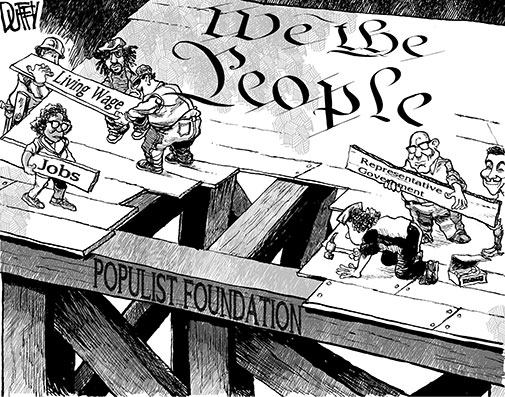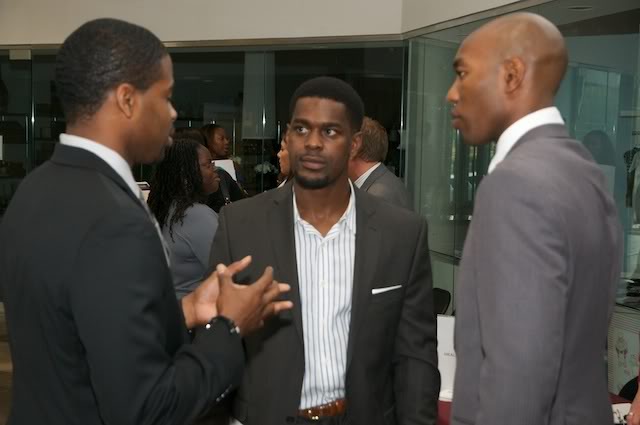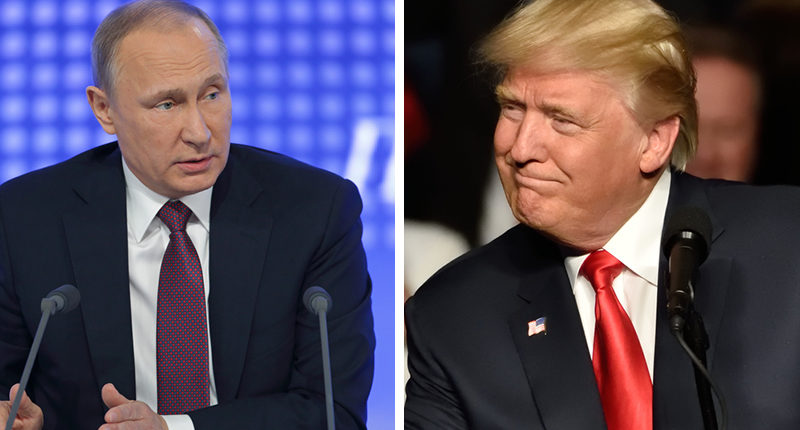A question for 2017: How do you win back the disillusioned and disenfranchised?
EDITORIAL – As I sit here and type my first editorial article of 2017, I can’t resist the urge to look at my notes and be…
EDITORIAL – As I sit here and type my first editorial article of 2017, I can’t resist the urge to look at my notes and be mildly bemused by the occurrences they contain. At the time of writing on Wednesday 18th January 2017, President Barack Obama’s presidency has been in power for precisely 8 years 0 days 0 hours 8 minutes and 10 seconds. These are the final 48 hours of a presidency that began from the ashes of the 2008 world global economic crisis and now hands over to a world that is tensely simmering with a divide between liberalism and populism.
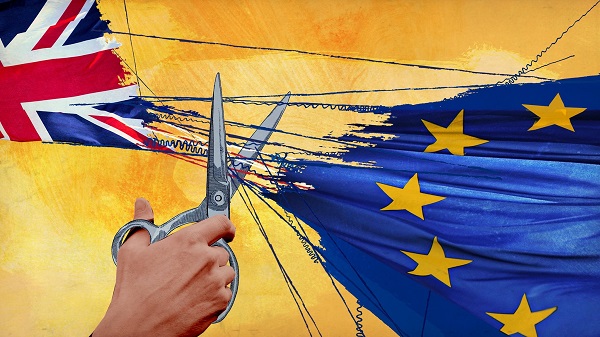
Brexit series for FT.
Protectionism, Globalisation, Immigration, Populism; these are all terms that have been swirling around for the last 365 days or so. These are buzzwords upon which the unlikeliest of occurrences have taken place. From Brexit- Britain’s exit vote to leave the European Union; the rise of the far right parties in Austria, Germany and Italy and finally Donald Trump’s unexpected upset of Hillary Clinton in the U.S. presidential election; the last 365 days have been as tumultuous as they have been unpredictable. It has been a time of disregard of the status quo, a year that has bewildered pollsters and experts alike. Speaking of experts; the media has found itself reacting to the news rather than being the bearer of news.
There has been an uncertainty palpable in global politics. There has been a shift of attitudes from collaboration to internalisation. Two core issues lie at the root of today’s rising populism: the challenge of ever increasing global migration and the lingering economic crisis. Identifying the problem, however, is not the same as overcoming it. In Europe, there is a great dilemma of addressing these issues or weakening one of the European Union’s fundamental pillars; the free movement of people. The continent’s problems can only be addressed through increased cooperation, but European electorates refuse to authorize any further transfer of sovereignty to Brussels.
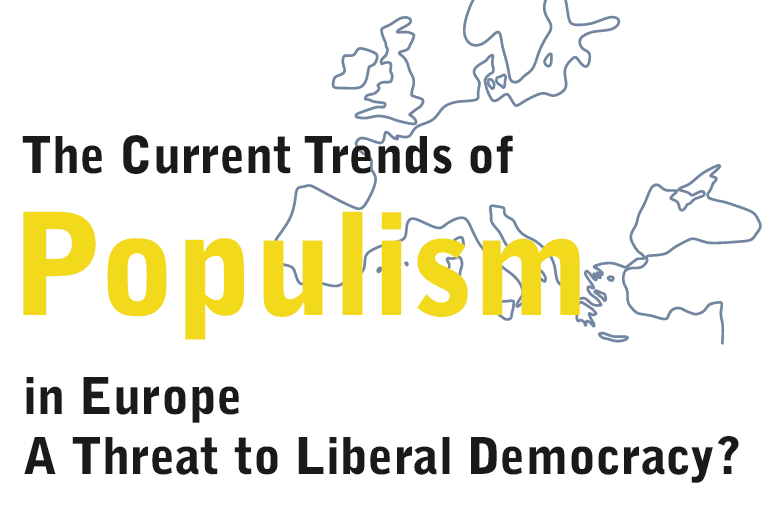
The populist surge is partly a rational response to the apparent political failures of the established parties. It is also an emotional backlash to a sense of disenfranchisement. Increasingly, the European Union’s compromise machine is perceived as an institutionalized grand coalition between the centre-left and the centre-right that routinely ignores opposing voices. In contrast to the United States, where political differences between Republicans and Democrats have remained deep, European mainstream parties have in the last decade moved ever closer toward the ideological center. Leaving those disenfranchised by globalization as easy target for the populist parties.
In the United States, the Republican establishment finds itself in the awkward position of having to support the presidential administration which is to be led by a man who was swept to power via a populist agenda. Donald Trump’s statements throughout his campaign were often tetchy and targeted at the most disenfranchised. He infamously declared that he wanted “to deport eleven million illegal immigrants, to close US borders to all Muslims, and to build a wall on the US-Mexican border (for which Mexico would have to pay) to keep out once and for all Mexican rapists and murderers.”
By the same token, both the Republican and – to a lesser degree – the Democratic Party are responsible for the transformation of American politics into a polarized battlefield. They have implemented policies that have made the life of many of the people who now support Trump, namely parts of the white (male) working class, increasingly difficult. Trump’s promises of easy solutions to complex problems, without any need for compromise or negotiation, are obviously fantasy, but they are appealing to a highly disaffected section of the American public, as are his constant challenges of established conduct he deems as “political correctness.”
The question then to be asked in 2017 as we move towards a Trump presidency and face the potential of populist gains in French and German general elections is, how do you win back the disillusioned and disenfranchised? Now more than ever there is a great divide between the “liberals/progressives” and the “populists” in Europe and the United States. I have witnessed in the United Kingdom the disdain between those who voted to remain and those who voted to leave the European Union. Likewise I have observed the malice held between the supporters of Trump and simply those who stand against what he represents. Social media platforms such as Facebook and Twitter form the battleground where spiteful vindictive insults and biased arguments are traded.
The answer has to be a greater understanding of voters’ concerns about the rule of law, insecurity caused by migration, and national identity should be addressed as legitimate, rather than ridiculed. The world is changing and cross-border learning and the transplantation of successful practices – business, political campaign, cultural – have great appeal for some and seem almost natural in a globalized world of instantaneous communication and the widespread use of English as a lingua franca. But we should remember to all move forward together as one. In conclusion, we have now found ourselves in a new reality and must adapt. On that note, I’ve just looked at my notes again and it says that Trump is to be inaugurated as President of the United States on Friday 20 January 2017; this is not a drill-it’s for real.
Disclaimer: The views, opinions and positions expressed by the authors and those providing comments, opinions on this website are theirs alone, and do not necessarily reflect the views, opinions or positions of M-Lifestyle and their affiliates. M-Lifestyle does not claim ownership of any images used, unless otherwise specified.
![]()
